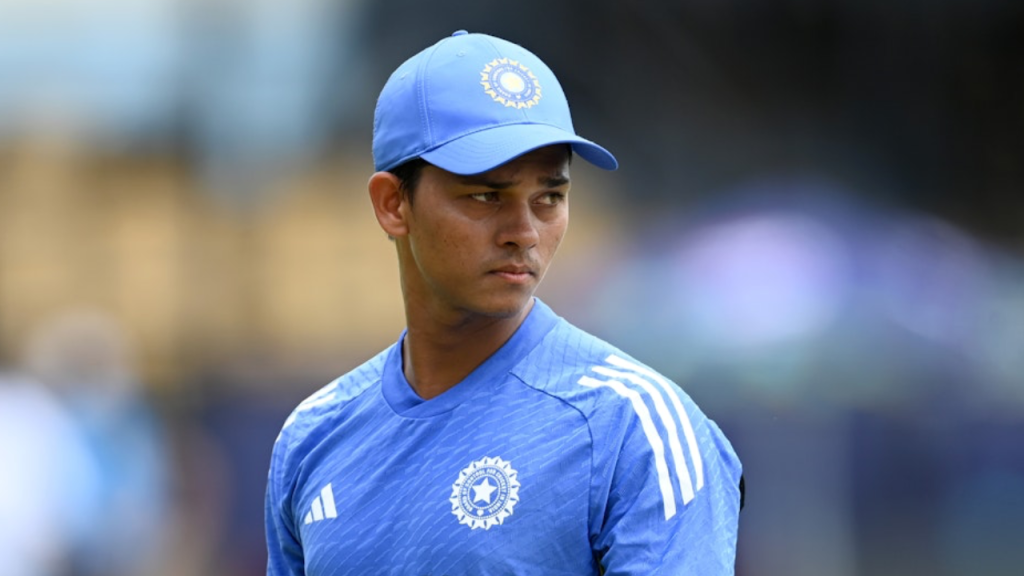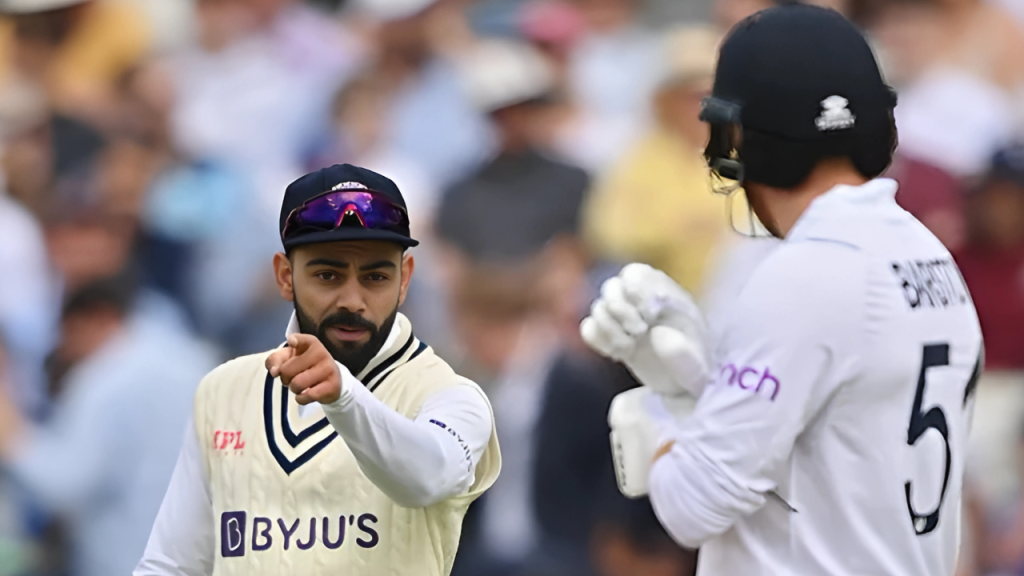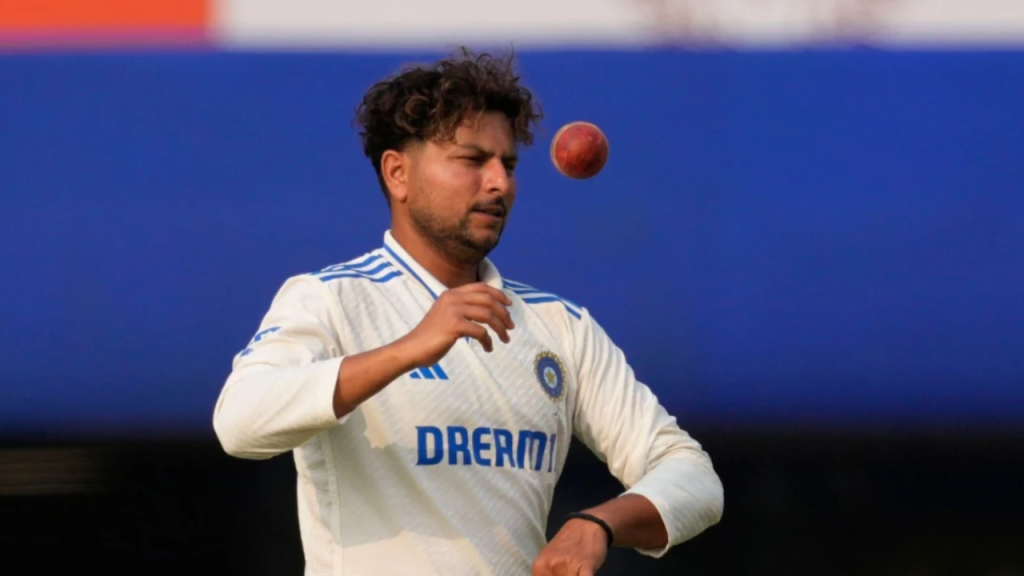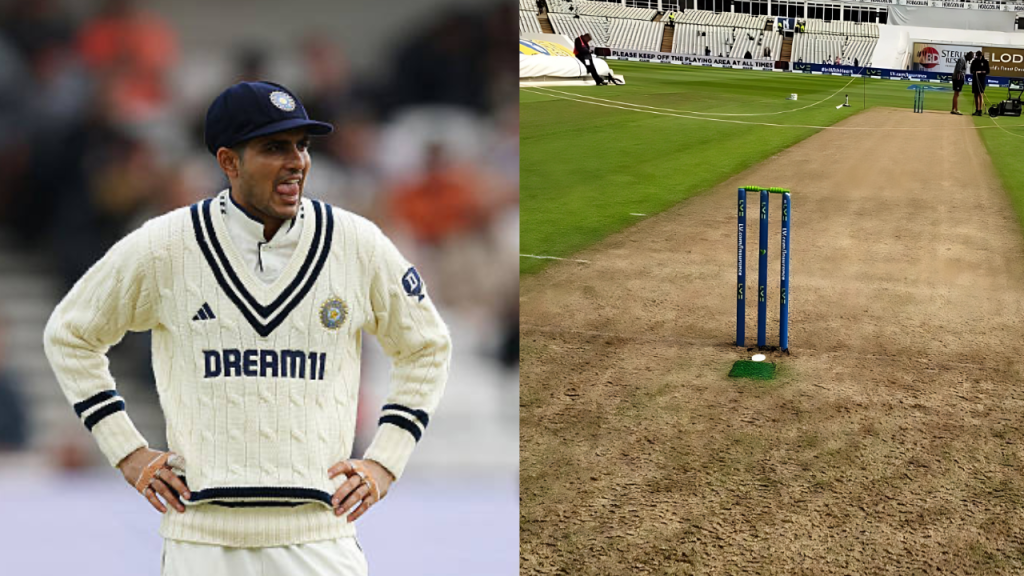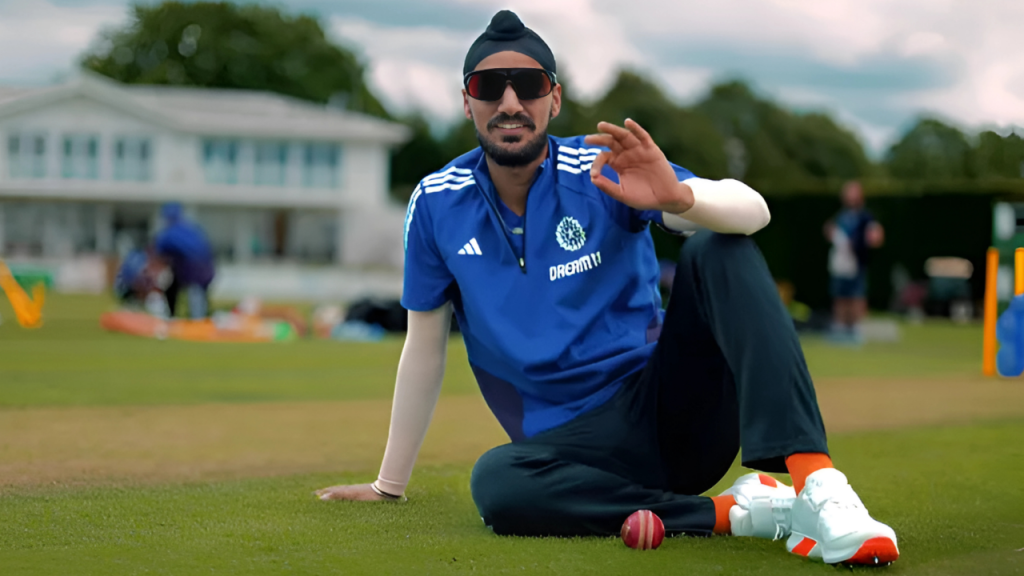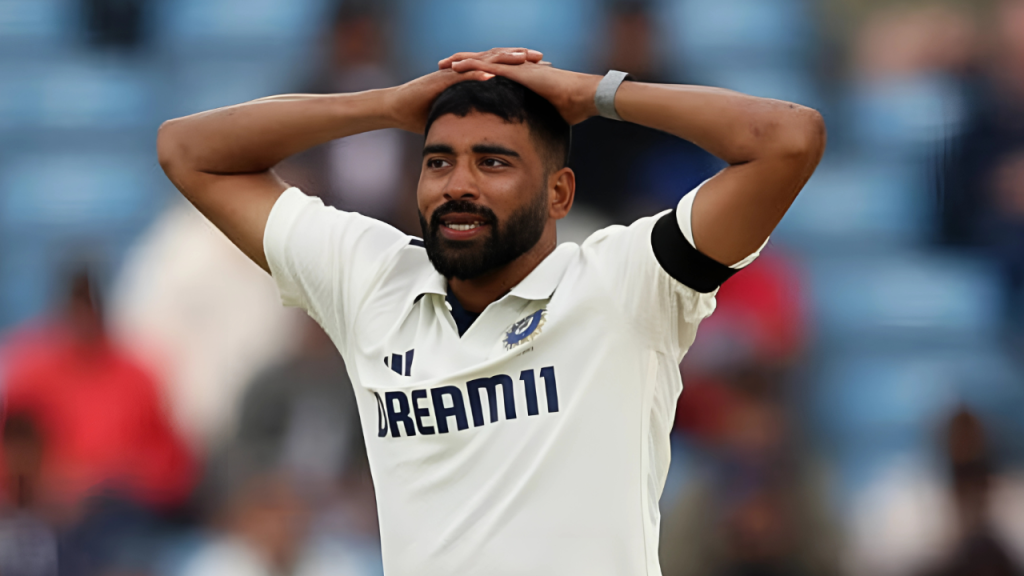The International League T20 (ILT20) has levied a severe penalty on Afghanistan bowler Naveen-ul-Haq, stemming from a contractual dispute with the Sharjah Warriors.
Naveen-ul-Haq’s journey with the Sharjah Warriors, which began auspiciously in the inaugural season of ILT20, took an unexpected twist during contract renegotiations for the upcoming season. Despite an offer of an additional year on his contract, Naveen declined to sign the retention notice, setting the stage for a contentious standoff.
Sharjah Warriors, eager to retain the talented bowler, had hoped for a seamless transition into the next season, building on Naveen’s stellar performance in the previous installment of the league. However, a disagreement between Naveen and the team prompted the intervention of the ILT20, as they sought to mediate and salvage the situation.
In a commendable effort to foster a mutually agreeable resolution, the ILT20 engaged a neutral third-party mediator when initial discussions failed to yield results. Despite the best intentions and the involvement of the mediator, the impasse persisted, necessitating more stringent measures to address the contractual discord.
With mediation proving ineffective, the ILT20 took the decisive step of convening a disciplinary committee comprising three eminent members. Col. Azam, head of security and anti-corruption, Chief Executive Officer David White, and Emirates Cricket Board member Zayed Abbas formed this committee, charged with conducting a thorough inquiry into the circumstances surrounding Naveen-ul-Haq’s contractual breach.
Here Is Why Naveen-ul-Haq Has Got A 20-months Ban From ILT20

Following an exhaustive investigation, the Disciplinary Committee arrived at a momentous decision—Naveen-ul-Haq would face a ban from participating in ILT20 for a staggering 20 months. This severe penalty was not only a response to his contractual transgressions but also a measure to uphold the integrity of player-team agreements within the league.
David White, the CEO of ILT20, expressed the league’s stance in a candid news release, stating, “We do not take pride in making this announcement, but all parties are expected to comply with their contractual commitments and recognize that non-compliance can cause damage to the other party. Unfortunately, Naveen-ul-Haq failed to honor his contractual obligations with the Sharjah Warriors, and as such, the league had no option but to impose this 20-month ban on him.”
The fallout from Naveen-ul-Haq’s ban extends beyond the individual player and team involved. It sparks a broader conversation about the sanctity of contracts in professional sports and the role of governing bodies in ensuring adherence to agreed-upon terms. The ILT20’s resolute stance sends a clear message that contractual obligations are non-negotiable and form the bedrock of a stable and thriving cricket ecosystem.




